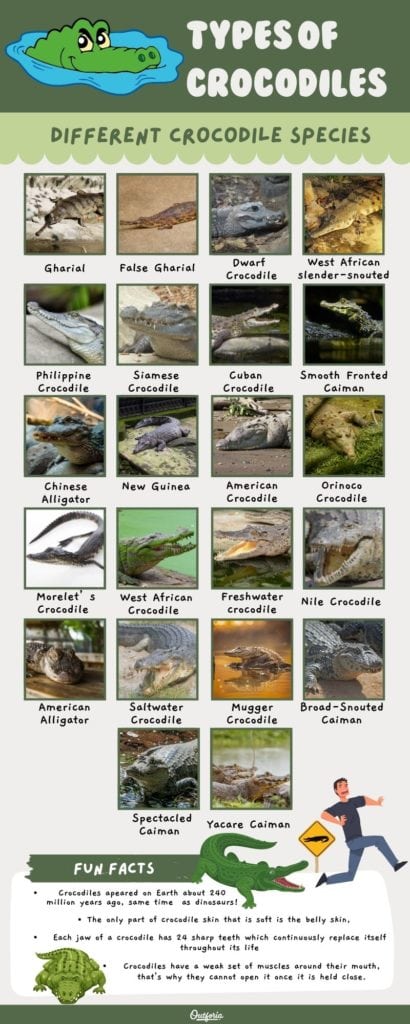Biodiversity Preservation in Africa: Challenges and Opportunities
Africa is home to some of the world’s most diverse and endangered species, as well as rich and varied ecosystems. However, the continent also faces unprecedented threats from human population growth, economic development, climate change, and illegal wildlife trade. How can Africa preserve its biodiversity and build a green economy that benefits both people and nature?
The Value of Biodiversity
Biodiversity is the variety of life on Earth, including plants, animals, fungi, and microorganisms. It provides essential services for human well-being, such as food, water, medicine, pollination, climate regulation, and cultural values. Biodiversity also contributes to the resilience of ecosystems, which can cope better with disturbances and adapt to changing conditions.According to the World Economic Forum, the global value of ecosystem services is estimated at $125 trillion per year, more than 1.5 times the size of the global GDP. In Africa, biodiversity supports the livelihoods of millions of people who depend on natural resources for income, food security, and health. For example, more than 70% of Africa’s population relies on traditional medicine derived from plants.
Biodiversity also has intrinsic value, meaning that it is worth preserving for its own sake, regardless of its usefulness to humans. Many people appreciate the beauty, diversity, and uniqueness of nature, and feel a moral obligation to protect it. Moreover, biodiversity represents the evolutionary heritage of life on Earth, which has taken millions of years to evolve and may never be recovered once lost.
The Threats to Biodiversity
Despite its importance, biodiversity is under severe pressure from human activities that degrade habitats, overexploit resources, introduce invasive species, pollute the environment, and alter the climate. According to the Intergovernmental Science-Policy Platform on Biodiversity and Ecosystem Services (IPBES), around one million animal and plant species are threatened with extinction globally, more than ever before in human history. In Africa, some of the most iconic species, such as elephants, rhinos, gorillas, lions, and cheetahs, are facing the risk of extinction due to poaching, habitat loss, and conflict with humans.The main drivers of biodiversity loss in Africa are:
- Population growth and urbanization: Africa has the fastest growing population in the world, projected to double by 2055. This puts increasing pressure on land and water resources, as well as generates more waste and pollution. Urbanization also leads to the expansion of cities and infrastructure, which fragment and degrade natural habitats.
- Economic development and consumption: Africa has experienced rapid economic growth in recent years, but this has often come at the expense of environmental sustainability. Many African countries depend on natural resource extraction for their income, such as mining, logging, fishing, and agriculture. These activities often cause deforestation, soil erosion, water pollution, and biodiversity loss. Moreover, the rising demand for wildlife products in Asia fuels the illegal trade in ivory, rhino horn, pangolin scales, and other endangered species.
- Climate change and variability: Africa is highly vulnerable to the impacts of climate change, such as rising temperatures, droughts, floods, storms, and sea level rise. These impacts affect the distribution and abundance of species, as well as their interactions with each other and their environment. Climate change also exacerbates other threats to biodiversity, such as habitat loss, invasive species, diseases, and conflicts.
The Solutions for Biodiversity
To address these threats and preserve biodiversity in Africa, there is a need for urgent and coordinated action at all levels: local, national, regional, and global. Some of the key solutions include:Forest and landscape restoration: Restoring degraded lands can enhance biodiversity conservation while providing multiple benefits for people. For example,
- restoring forests can increase carbon sequestration, water regulation, soil fertility, timber production, and ecotourism opportunities;
- restoring grasslands can improve livestock productivity, reduce fire risk, support wildlife migration, and prevent desertification;
- restoring wetlands can improve water quality, flood control, fishery resources, and coastal protection.
- establishing protected areas can conserve habitats and species diversity while creating jobs and income from tourism;
- implementing anti-poaching measures can deter and detect wildlife criminals while enhancing law enforcement and governance;
- reducing demand for wildlife products can decrease the incentives for poaching and trafficking while raising awareness and changing behaviour.
- adopting renewable energy sources can reduce greenhouse gas emissions while increasing energy access and security;
- implementing sustainable forest management can balance the production and consumption of wood products while maintaining forest health and function;
- applying agroecological practices can increase food security and nutrition while reducing the use of chemical inputs and water.
The Way Forward
Biodiversity preservation in Africa is not only a moral duty, but also a strategic opportunity. By investing in nature-based solutions, Africa can achieve its development goals while safeguarding its natural capital for future generations. However, this requires strong political commitment, adequate financial resources, effective institutional frameworks, and inclusive stakeholder participation. Moreover, it requires cooperation and solidarity among African countries, as well as with the international community, to address the common challenges and share the common benefits of biodiversity.By harnessing its rich biodiversity potential, Africa can become a global model of green recovery and sustainable development.









No comments:
Post a Comment